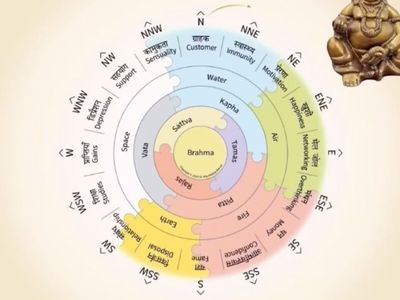No, Vastu is beneficial for offices, shops, factories, plots, and any kind of built space where energy flow matters.
No, most Vastu corrections can be done through simple, non-structural remedies like repositioning objects, using colors, symbols, and minor interior changes.
A one-time consultation is usually sufficient for most spaces. However, it's wise to consult during major life events—like buying property, moving, renovating, or starting a business.
Each direction is associated with an element (like fire, water, air, etc.). Placing rooms in the right directions helps align those energies correctly—for example, the kitchen in the southeast (fire) and the pooja room in the northeast (spiritual energy).
While both focus on energy flow, Vastu is based on Indian scriptures and uses directions, elements, and geometric principles. Feng Shui is Chinese and emphasizes placement, chi energy, and symbolic objects. Both aim for harmony, but follow different systems.
Vastu is a traditional science rooted in ancient Indian knowledge systems. While not “scientific” in the modern Western sense, many of its principles align with architecture, psychology, and environmental harmony.

























